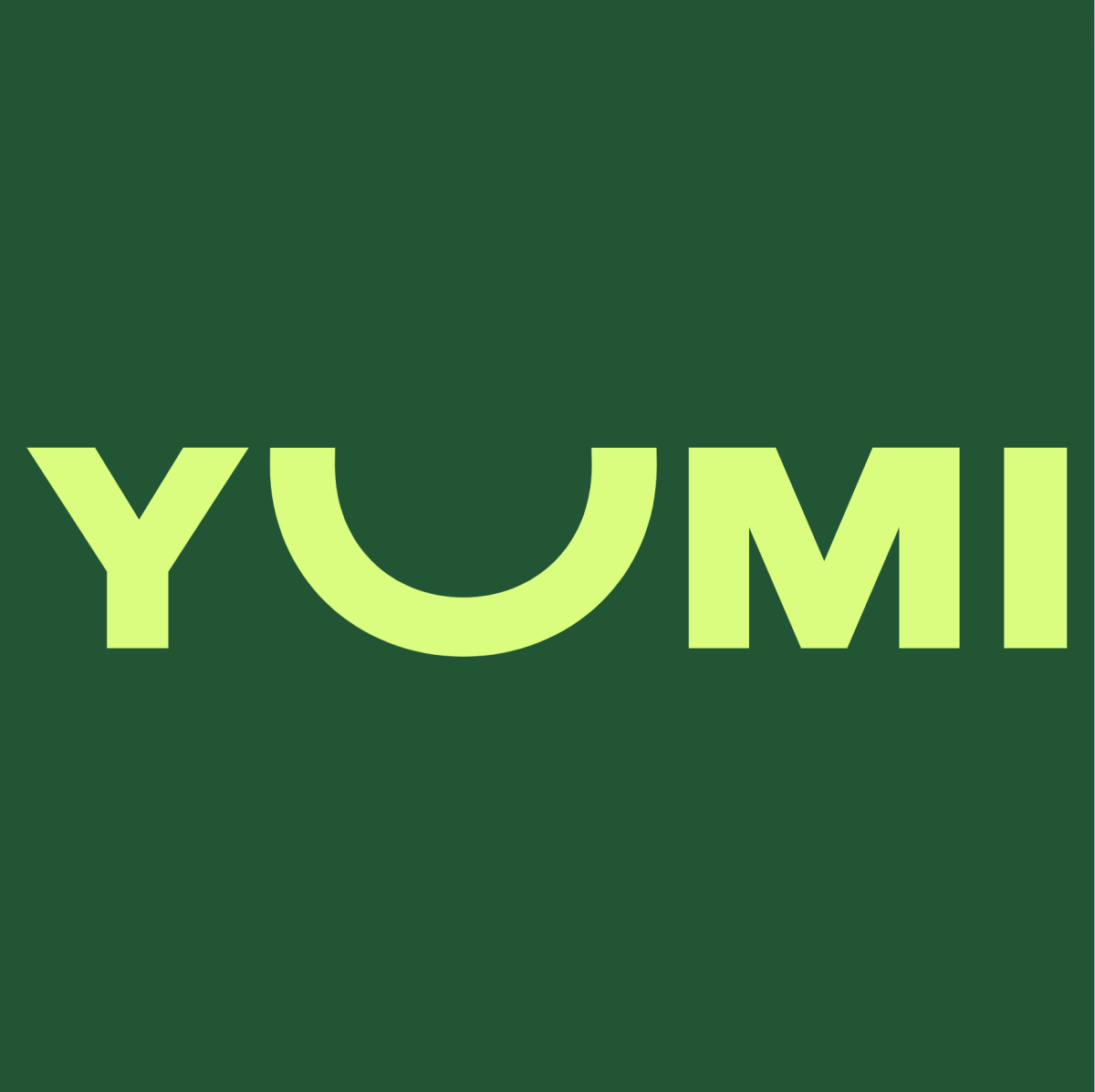Your cart is currently empty!
What Can Your Child Eat at 12 Months? Best Ways to Feed Your Growing Child

Once your baby reaches the one-year mark, there’s a lot of celebrating to do. We’ll cover all the bases when it comes to feeding your baby.
12 Months? Best Ways to Feed Your Growing Child
During the first 12 months of your baby’s life, you have a lot to juggle. Your little one has gone through major developmental stages with you and has grown significantly since they were born. One of these milestones your little one has reached is how much and what kinds of foods they can eat.
From only having breast milk or formula for the first 4 to 6 months of their life, trying single-ingredient purees, and finally moving on to mashed and chunkier blends of baby food, they have developed the ability to eat food independently and chew bigger pieces of food.
There are many baby food guides out there that explain what your little one should be eating from birth until the one-year mark, but what about after that? Now, we’re not saying that things get easier after 12 months, but they do get different! This guide breaks down what your child should eat at 12 months old!

The Baby Food Stages
The baby food stages are a popular way to categorize baby food according to your baby’s development. When they first begin eating solid foods at around four to six months, they start stage 1 foods. These have a thinner consistency and are typically single-ingredient purees.
As they reach 12 months, they’ll move through stages two and three of baby food as well! Stage 2 baby foods include thicker purees with one ingredient, and stage 3 foods are thicker blends of two ingredients. During the first year of life, your baby’s tummy will still be pretty new to solids, so these foods are gentle and easily digestible.
But, once your baby reaches 12 months, they can move on to foods that require chewing, mashing, and movement as they eat. Your one-year-old can eat foods from stage 4 through stage 8, which just means they can move on to chewier, harder foods.

What Your Baby Needs
Your baby’s nutritional needs change as they grow. Their nutritional needs are closely tied to what developmental milestones they are currently going through. When your baby is born, they have different needs than when they turn six months old.
As their age changes, so does their nutritional needs, but what does your little one need when they turn 12 months? Let’s talk about it.
Protein
Your 12-month old baby needs a lot of protein. This is because of how they are growing and changing at a whirlwind pace. Their muscles, bones, and bodies are growing, and they are beginning to move and interact with the world around them more and more.
Protein not only acts as fuel for this movement, but it’s an essential part of growth at the 12-month mark. While you breastfeed, you supply enough protein for your little one. However, as they rely less on breast milk for nutrition and more on solids, it becomes extra important to ensure they get enough protein from their baby food.
Proteins are also responsible for building, repairing, and maintaining our bodily tissues. This includes the immune system, the muscles, our organs, and connective tissue.
Sources of Protein: Beans, nuts, and fish are great sources of protein. Consider a black bean sweet potato combo or a three-bean soup puree.
Calcium
Another vital nutrient for your baby is calcium. Calcium is responsible for building strong bones. At 12 months, your baby is moving and grooving, so promoting bone strength is essential! Their legs are also getting a particularly heavy workout each day as they’re crawling, walking, dancing, and supporting your babe’s body.
Calcium also sets the stage for your baby’s future health. Unfortunately, we only get one chance to build strong bones. While we can undoubtedly promote bone strength in our adult lives with calcium, we cannot rebuild them or start over.
This is why it’s so vital to start with strong bones while your baby is little. This can even prevent bone loss later in life!
Along with calcium, your baby also needs a diet rich in Vitamin D. Vitamin D is responsible for how well calcium is absorbed in the body, so if you’re giving your babe tons of calcium but no vitamin D, the benefits of calcium may be short-lived. Sources of vitamin D include fatty fish and fish oils, but many baby food companies add vitamin D to foods.
You can also talk to your pediatrician about a vitamin D supplement that may be right for your baby.
Sources of Calcium: Many dairy products are rich in protein, such as milk, yogurt, and cheeses. However, if your little one does not eat dairy, there are other forms of calcium available. These include tofu, broccoli, kale, chard, Chinese cabbage, leafy greens, almonds, seeds, beans, chickpeas, oranges, figs, and prunes. Consider trying a broccoli mash bowl, kale pear quinoa bowl, or blueberry pudding with chia seeds.
Folate
DNA synthesis and cell production are two of the most essential processes in our bodies, and both are fueled by folate. Folate is a term referring to Vitamin B and is a vital nutrient for babies who are 12 months old. Folate is also an important nutrient for pregnant mothers and babies to have as it protects against birth defects.
Because folate fuels cell synthesis and growth, it is especially important during periods of rapid growth. At a year old, your little one hits developmental stages where they will grow faster than you can keep up with. Giving them foods packed with folate helps this growth and helps their tissues grow and function properly.
Sources of Folate: Melons, beans, nuts, liver, dark green vegetables such as spinach and broccoli, and citrus foods such as oranges or grapefruit are excellent sources of folate. Look for a carrot spinach bite or bean puree for folate.
Iron
Iron is essential for babies at all stages of life, but especially when they are 12 months. While you are breastfeeding your little one, your breast milk gives them the iron they need to thrive. They will also have iron stores in their bodies from the womb. However, at six months, these begin to run out, and your babe relies on their diet as the primary source of iron.
Sources of Iron: These include beans, meats, peaches, prunes, lentils, chickpeas, leafy greens, berries, papaya, tomatoes, sweet potatoes, and broccoli. So, try a berry pie puree, sweet potato cheesecake puree, pear raspberry chia pudding, or a black bean sweet potato combo.
Choline
During the first 1,000 days of life, the brain develops at a significant rate. In fact, by age two alone, they have formed 80% of their adult brains. Nearly 50% of everything your baby eats is used as energy to fuel the brain’s growth. Along with folate mentioned above, choline is an important ingredient in your baby’s diet that fuels this activity. Choline is also essential for your 12-month old’s memory.
Sources of Choline: Nuts, vegetables such as broccoli, beans, meats, and milk are sources of choline.

How Much Should They Eat?
When your baby is 12 months old, they can start eating three full meals a day and two snacks! So, they will be having different kinds of mashed baby foods and finger foods throughout the day. Their diet may start looking like yours as your little one can have breakfast, lunch, dinner, and two snacks throughout the day.
Snack time is where things get fun. Try a beet or cauliflower puff to make snack time better and keep your babe’s energy up throughout the day.

What Should They Drink?
In addition to asking what your child should eat at 12 months, many also wonder what they should drink. Your baby shouldn’t have any water when they’re six months, and no more than a few ounces during the first year. However, once they reach the 1-year mark, they can have water in a cup and milk and breast milk.
One drink many parents gravitate toward during this time is fruit juice, but fruit juice may do your baby more harm than good. While it can be a yummy, convenient drink for your little one, fruit juices are packed with sugar (yes, even the ones labeled “100% juice”).
The first few years are the most formative for your baby’s health and development, and too much sugar can cause a lot of harm. For this reason, it is best to avoid juice altogether.

Summary
Knowing what to give your 12-month old baby to eat and drink is essential! Their diet is their source of nutrition and fuel. In addition, everything that goes on in their bodies and brains needs healthy ingredients to work and work well, so knowing what these little bodies need is vital.
Luckily, you don’t have to juggle this information in your head! Instead, our in-house nutritionists do the hard work for you, so you can enjoy time with your little one and get meals tailored directly to their nutritional needs each week. Learn more about your little one’s milestone plan here.
Sources
- Choline: Exploring the Growing Science on Its Benefits for Moms and Babies | NCBI
- Iron & Nutrition | CDC
- Babies and Toddlers Need Iron to Thrive | Stanford Childrens.org
- Docosahexaenoic Acid (DHA) Information | Mount Sai.
- Folate and Your Baby | Kaiser Permanente
- Vitamin D (for Parents) | KidsHealth.org
- Calcium (for Parents) – KidsHealth.org.
- Feeding Vegetarian and Vegan Infants and Toddlers | Eatright.org









